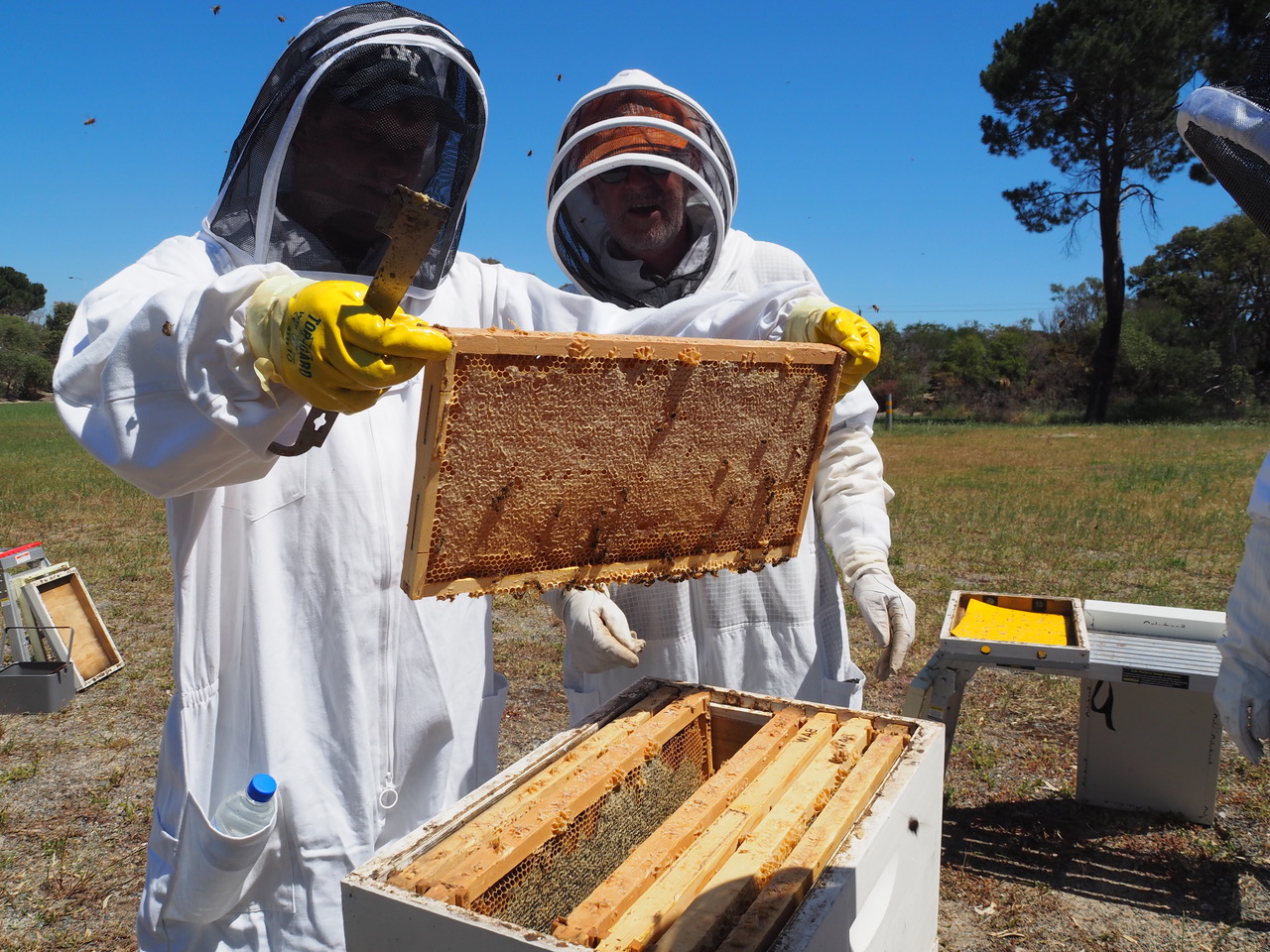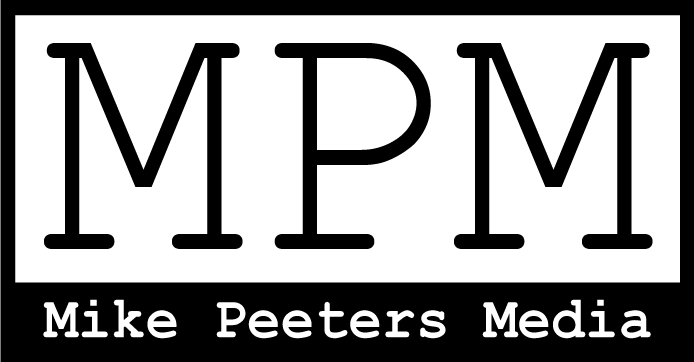Beekeeping blossoms in WA as people embrace the benefits
In the past few years, the practice of beekeeping in WA has blossomed from a small, enthusiasts’ pastime to a major activity worth more than a billion dollars a year.
There are currently more than 3500 registered beekeepers in WA, of which more than 3000 are hobbyists.
Western Australian Apiarists’ Society (WAAS) President Stephen Boylen said urban beekeeping had become more popular than ever, largely as a result of people’s growing environmental awareness and the invention and marketing of the revolutionary ‘Flow Hive’.
“The ‘Flow Hive’ has really simplified the ease with which people can keep bees as it allows the harvesting of honey from the hive in one easy step; although the logistics and work involved in keeping and maintaining the bees remains the same,” he said.
He added that beekeeping was an extremely relaxing and satisfying hobby that gave the beekeeper an opportunity to engage with the bees’ natural seasonal rhythm: thus, providing an important counter to our modern urban living.
“There has been a huge rise in the number of hobbyists, particularly in urban areas, in recent years, and the WAAS now has more than 1000 paid-up members,” Mr Boylen said.
“Of course, with this popularity also comes certain responsibilities, and the role of the WAAS has become increasingly important in helping the community to gain confidence in the safety of beekeeping, as well as providing a set of standards for beekeepers to adhere to.”
Based in South Perth, the WAAS was established in 1953 and is an incorporated, not-for-profit association whose main object is to promote safe and responsible beekeeping.
“To help ensure a harmonious relationship between beekeepers, other members of their community and local councils, the WAAS has established a set of guidelines for apiarists to comply with,” Mr Boylen said.
He added that these guidelines were intended mainly as a reference for beekeepers, and to provide standards for beekeeping in urban areas.
“This not only helps give the community confidence in the safety of beekeeping, but also provides a competency standard for apiarists to uphold, and to prevent bees becoming a nuisance,” he said.
“When raised by competent beekeepers, bees present a very low risk of adverse impact on the community.
“Of course, all beekeepers are required to comply with their Local Government bylaws, and one of the goals of producing these guidelines is to eventually achieve uniformity in the bylaws governing beekeeping across all authorities.”
To help prospective beekeepers become more proficient, the WAAS also offers basic training courses that include a practical component – or working alongside a competent and experienced beekeeper.
The association’s flagship course is “Introduction to Responsible Beekeeping” held at its Kensington training facility.
WAAS courses are also held at the WAAS centres in Bunbury and Margaret River.
“At the WAAS we recommend all prospective apiarists undertake this course in order to gain necessary skills and hands-on experience before embarking on their hobby,” Mr Boylen added.
For more information about the WAAS or to learn more about their training courses, please contact Mr Boylen at president@waas.org.au or on 0450 485 902.
By Mike Peeters


